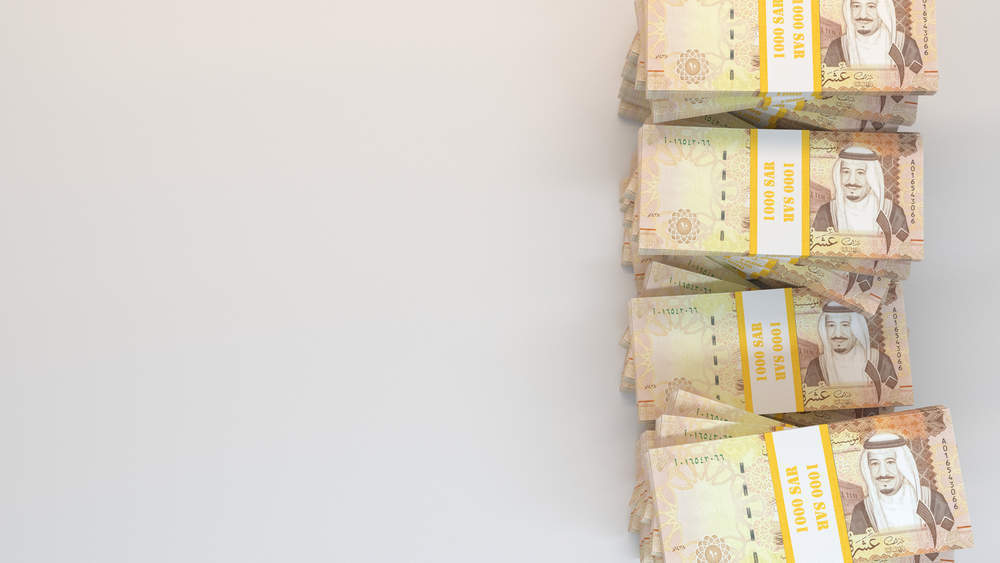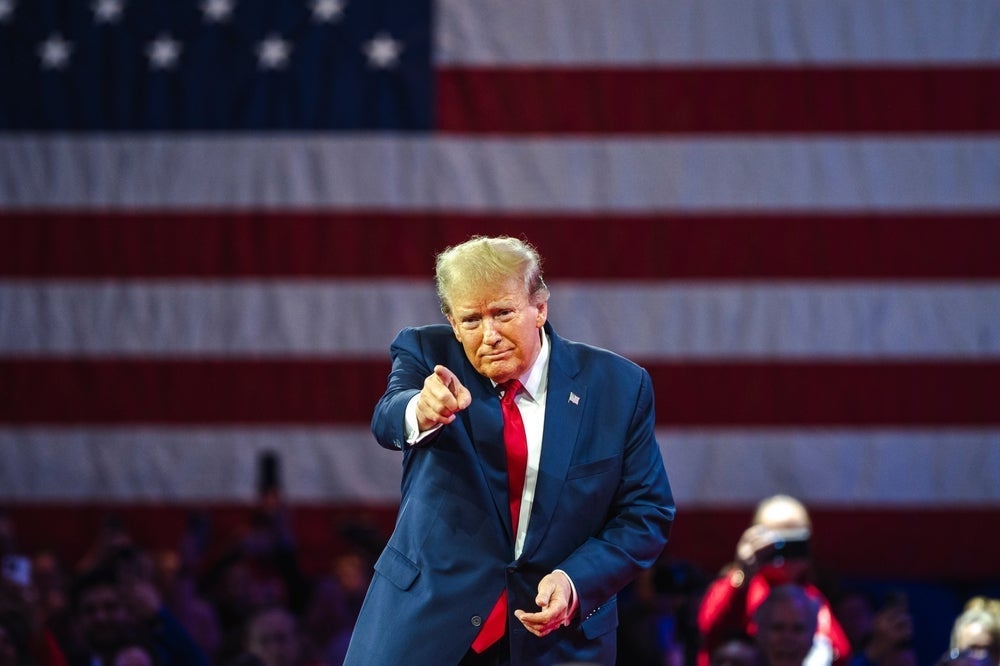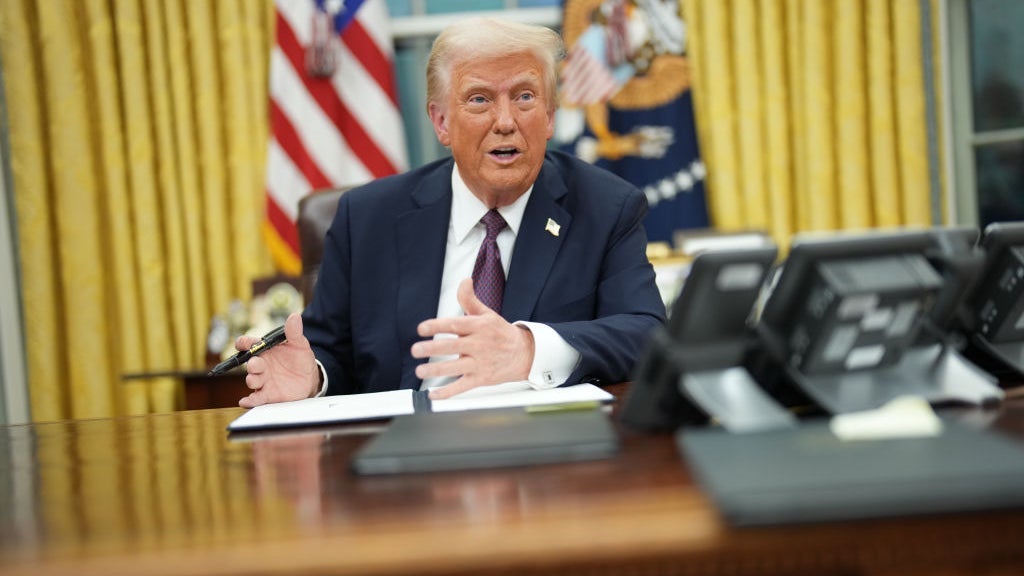
Saudi Arabia, the Gulf’s largest economy, is expected to return to international bond markets as soon as this week.
Goldman Sachs, GIB Capital, HSBC, JP Morgan and MUFG have already been appointed to act as joint lead managers and joint bookrunners for the new international bond.
The kingdom could issue up to $10bn in what would be its third international bond sale after a $17.5bn debut international bond last October, banking sources told Reuters.
When Saudi Arabia made its debut on the international bond market, he biggest ever issue by an emerging market nation, investor demand was almost four times the amount of the debt sale.
in April, Saudi Arabia raised $9bn from the domestic sale of five- and 10-year Islamic bonds.
The country boasts a credit rating of A1, the fifth-highest investment grade, by Moody’s and A+, the fourth-highest investment grade, by Fitch.
How well do you really know your competitors?
Access the most comprehensive Company Profiles on the market, powered by GlobalData. Save hours of research. Gain competitive edge.

Thank you!
Your download email will arrive shortly
Not ready to buy yet? Download a free sample
We are confident about the unique quality of our Company Profiles. However, we want you to make the most beneficial decision for your business, so we offer a free sample that you can download by submitting the below form
By GlobalDataWhy has motivated Saudi Arabia’s bond sales?
First and foremost, Saudi Arabia is keen to address its budget deficit, forecast at 198 billion riyals ($53bn) this year, the equivalent to 7.7 percent of its economic output.
Low oil prices have dented the country’s finances, necessitating far-reaching economic reform.
Saudi Arabia is introducing various measures to wean its economy off oil, including the creation of the world’s largest sovereign fund.
The kingdom hopes to generate revenue from the sale of hundreds of state assets like football clubs and flour mills.
Meanwhile, Saudi Aramco, the country’s national oil company is set to float in an initial public offering next year.
The country is also considering a plan to phase out subsidies for gasoline and jet fuel in the next two months.
On the right track
The Saudi government insists that it is on track to balance the budget by 2020, after reducing the first-half deficit to $19bn thanks to higher oil revenues and lower government spending.
General government debt was only 13.1 percent of GDP in 2016, while its gross sovereign external debt was 4.3 percent.







